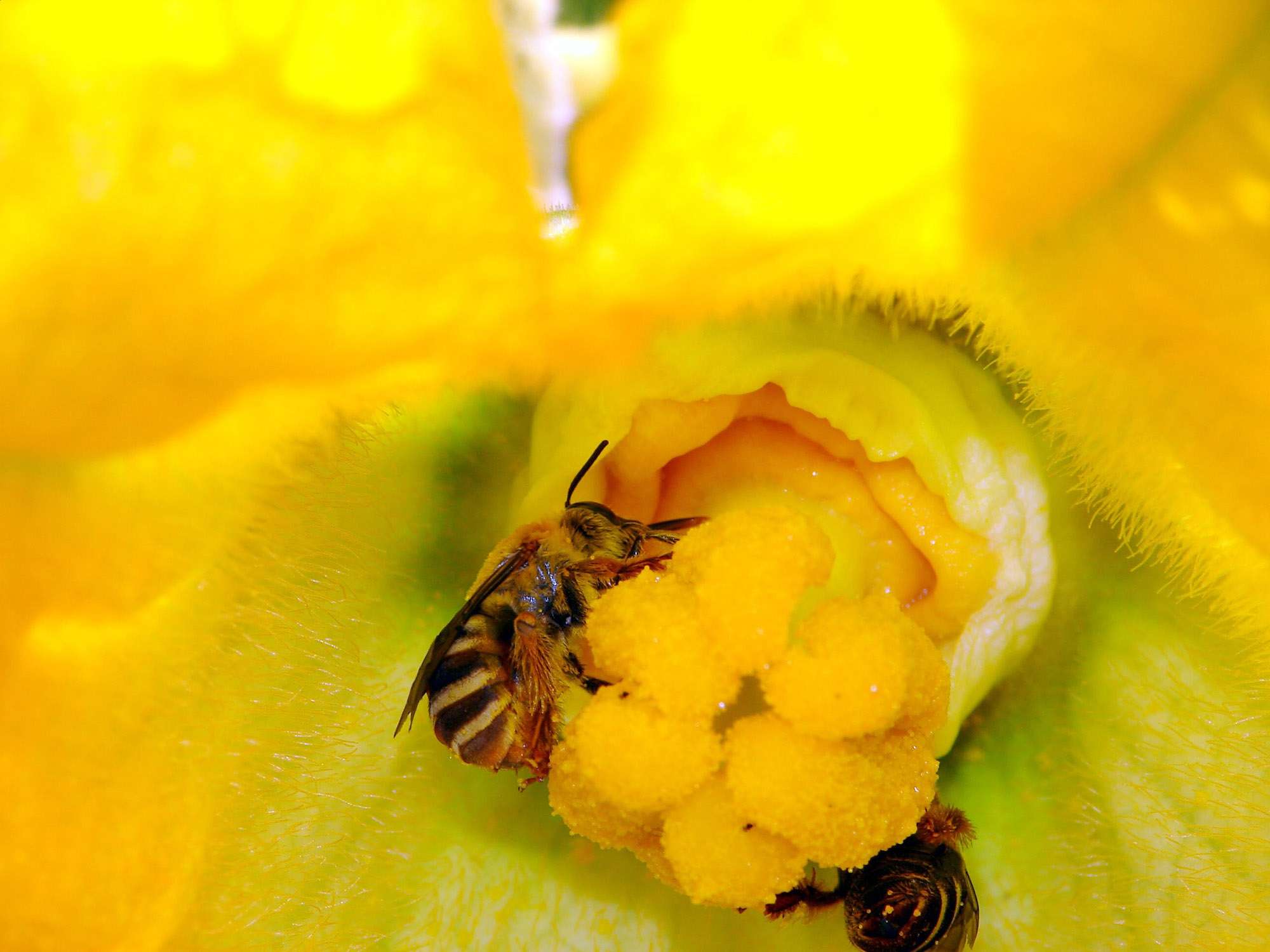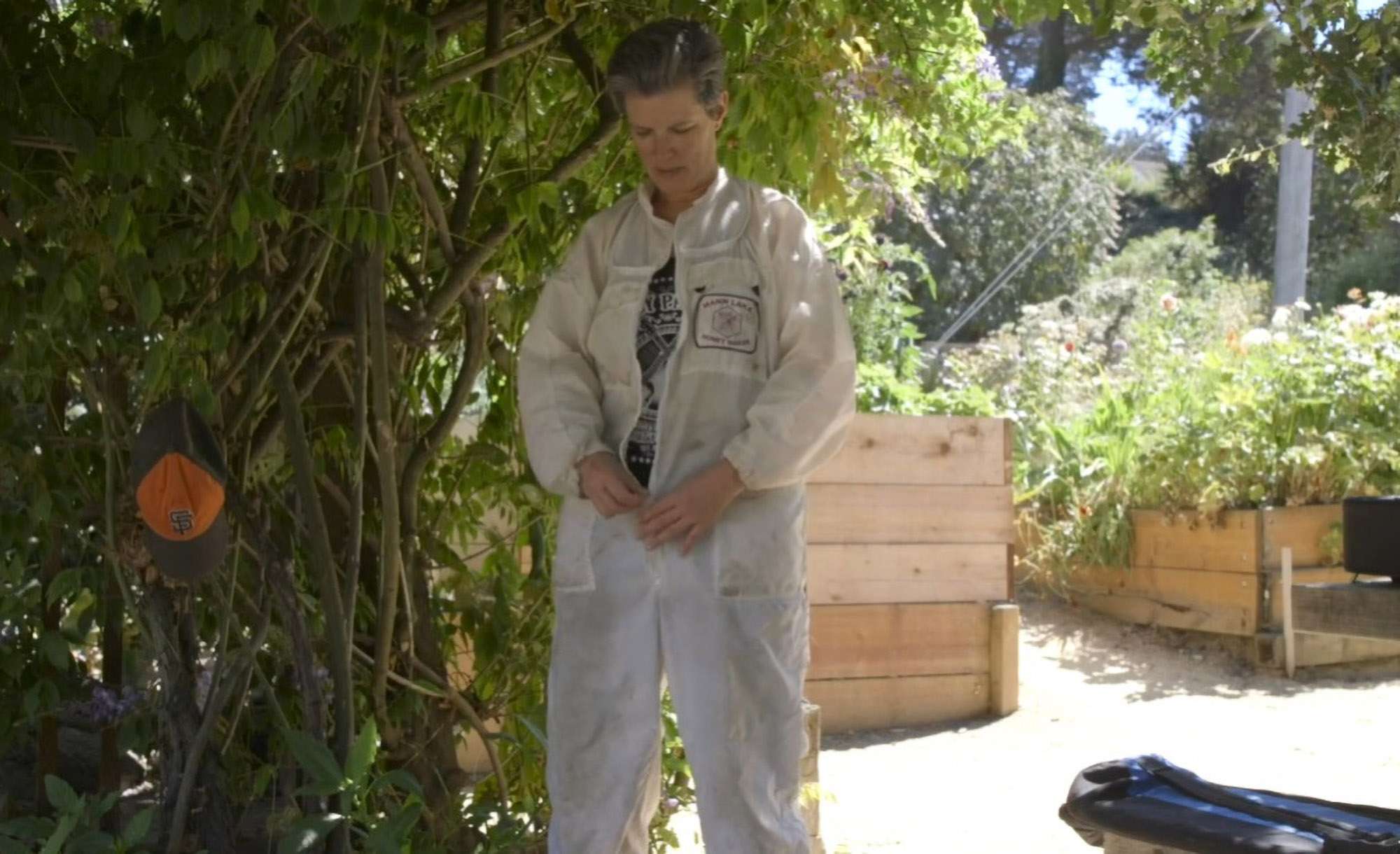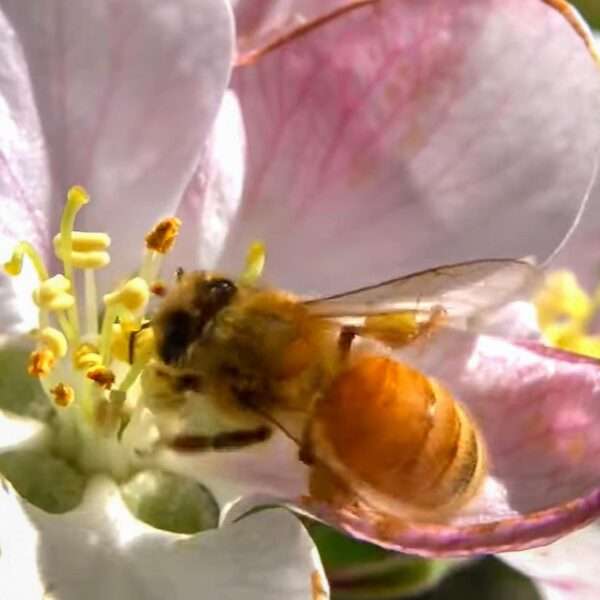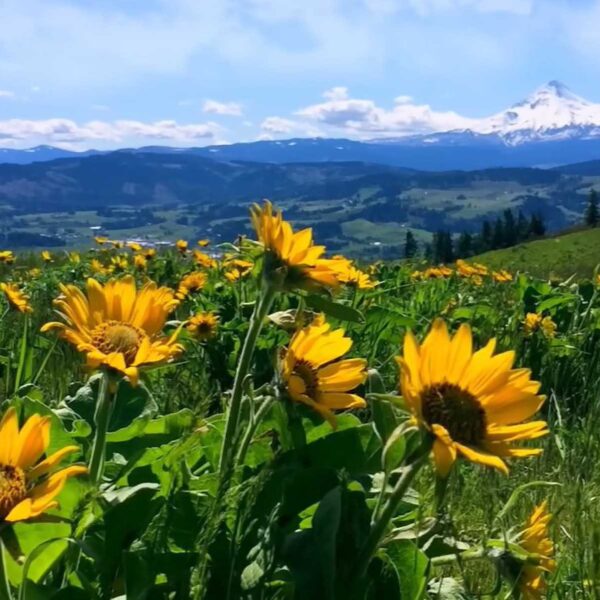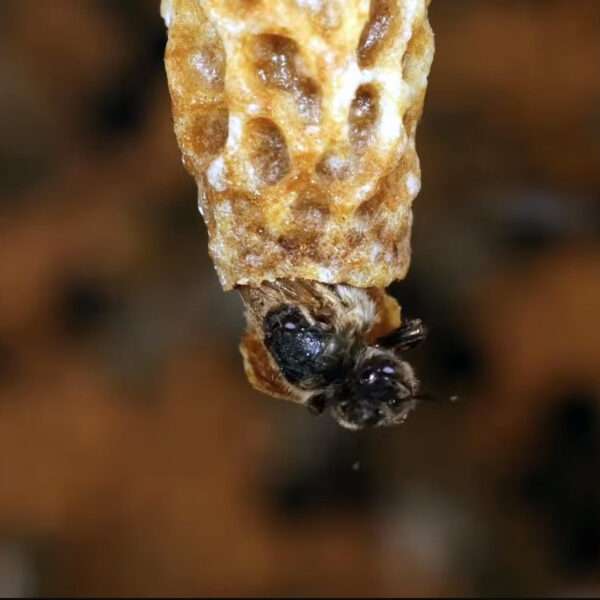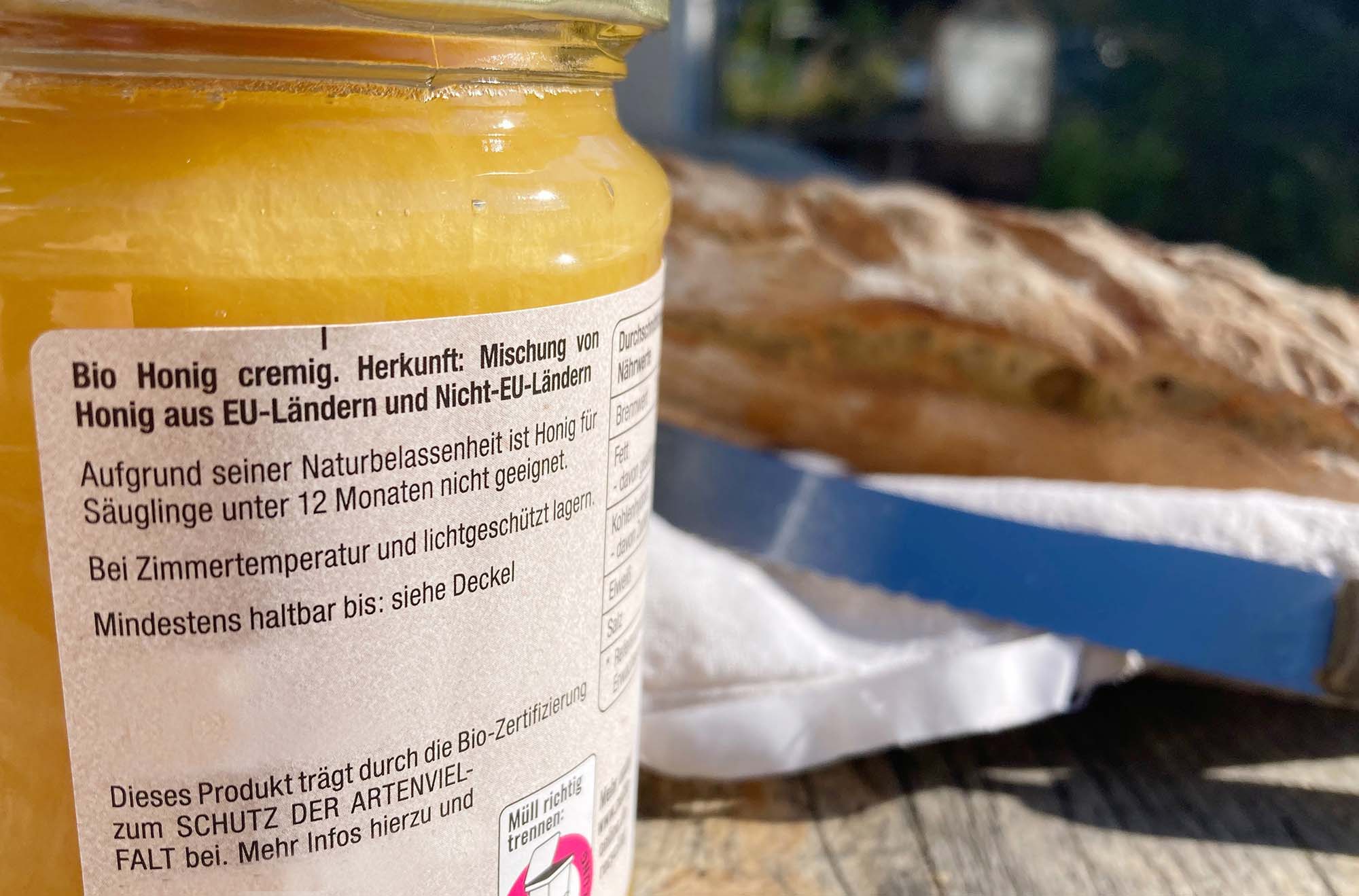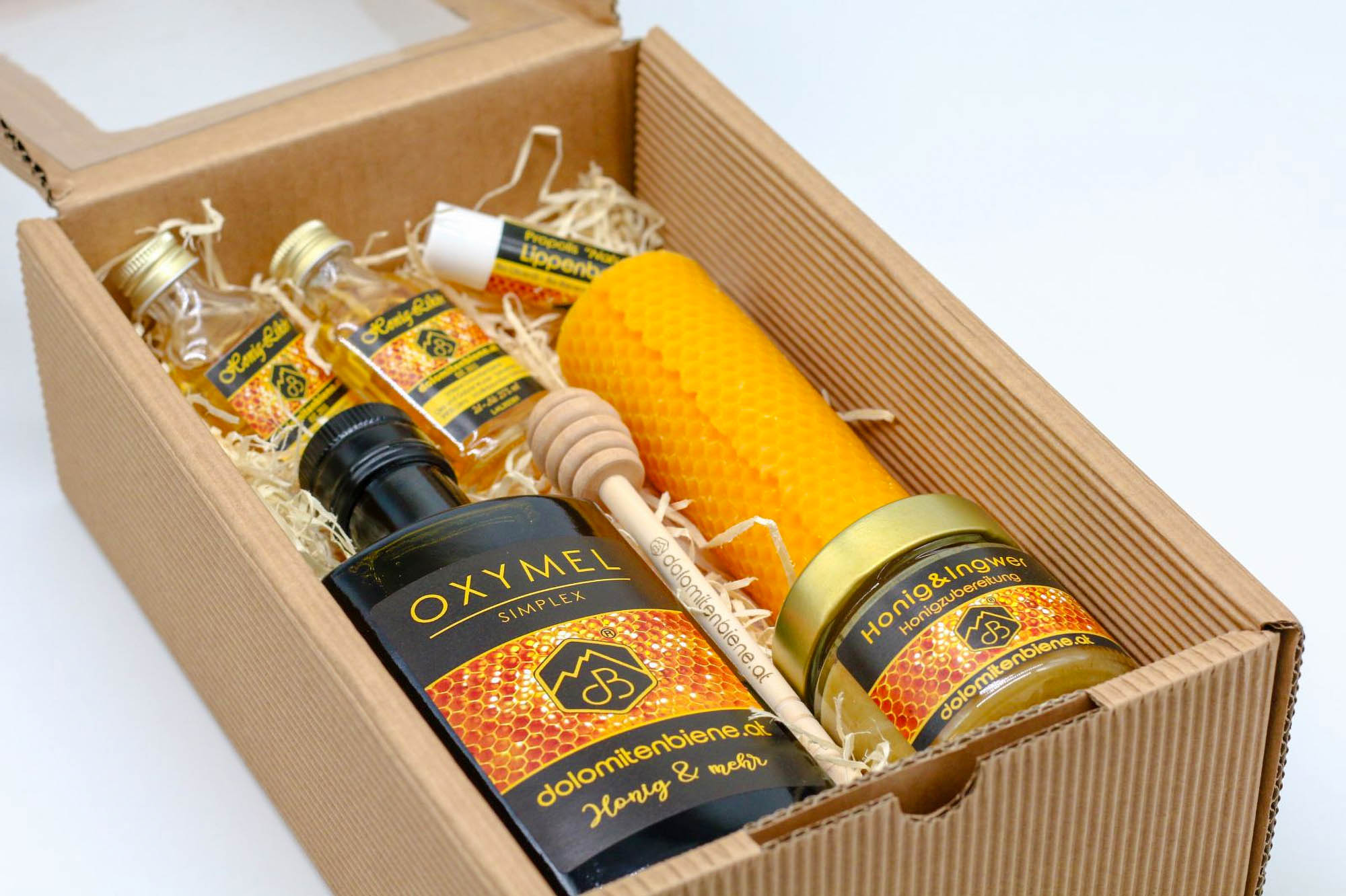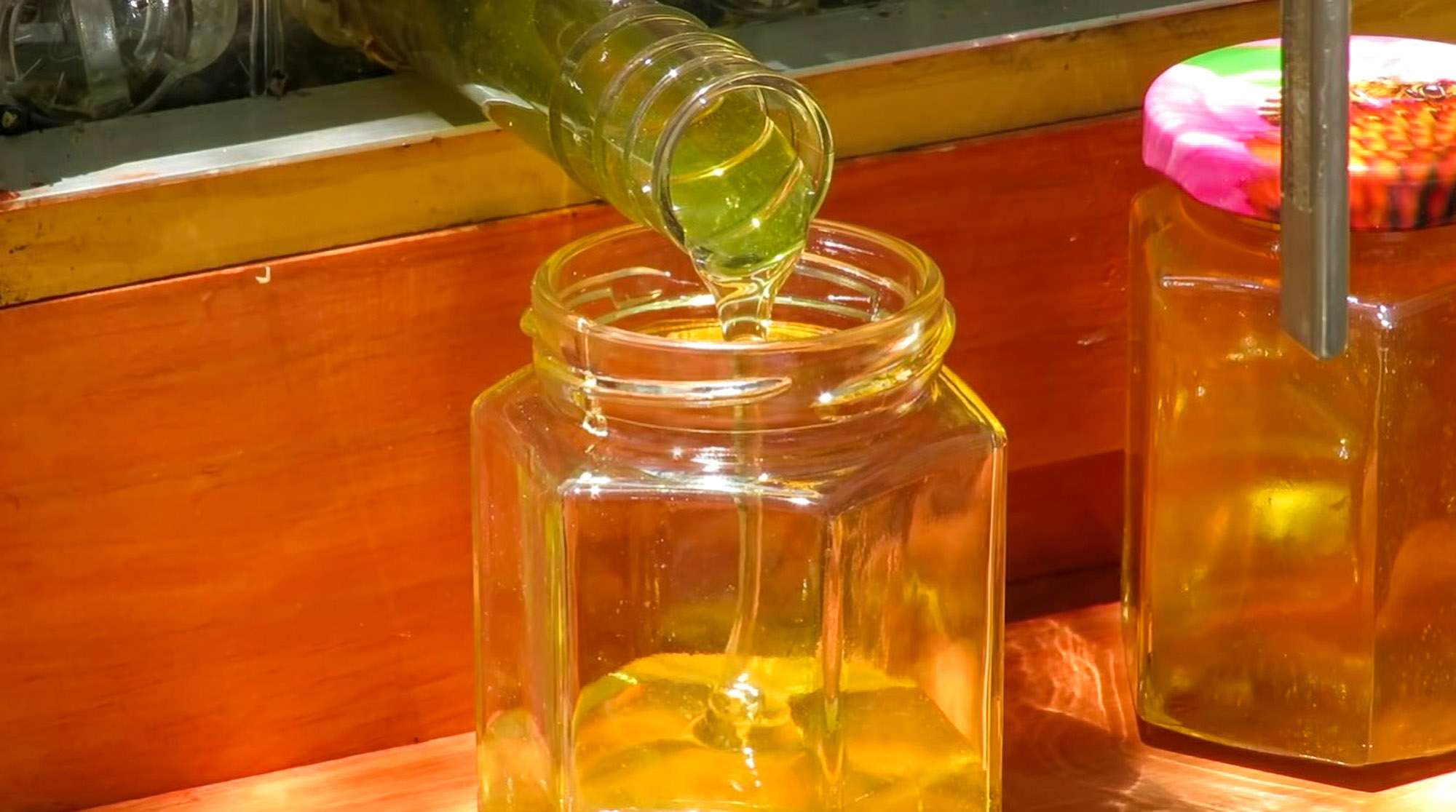New research on the situation of a wild bee species underlines that agricultural decisions can have a positive impact on biodiversity.
Entomologists at Pennsylvania State University (Penn State) examined local squash bee populations to find that the pollinator strongly benefited from the immense increase in the cultivation of pumpkins and zucchinis across North America in the past 1,000 years.
Margarita Lopez-Uribe is an associate professor of entomology.
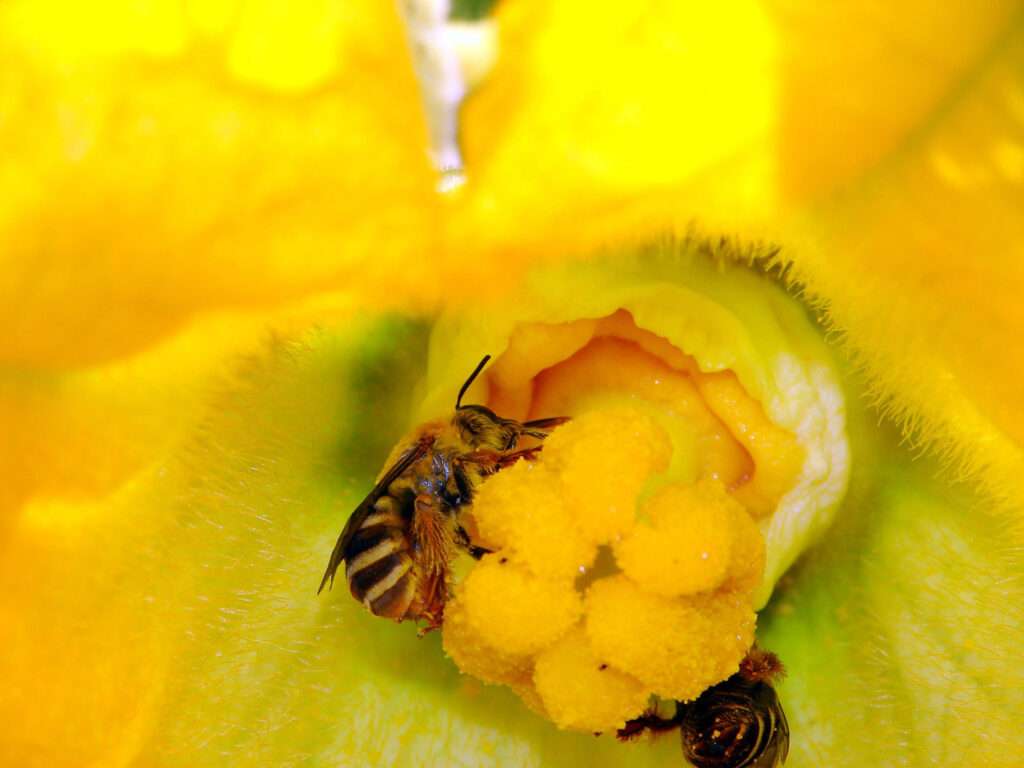
She said: “When we think of insects benefiting from and adapting to widespread agriculture, we tend to think of pests such as certain kinds of moths, flies and beetles.
“But the impact of agricultural intensification on the evolution of beneficial pollinators is poorly understood. We found that agriculture facilitated increases in the population size of this squash bee.”
Prof Lopez-Uribe added: “This may be the case for other insect pollinators as well.”
According to the science news platform Phys.org, the Penn State study is the first to demonstrate the role of agriculture as an evolutionary force acting on a wild insect pollinator.
To determine the state of things, the Penn State researchers sequenced the bee’s genome, examined its genetic structure and searched for signatures of adaptation.
Sam Scheiner works for the US National Science Foundation, a government agency which supports research projects.
He said: “Pollination is such an important process that impacts so much of the food we eat. Understanding how humans have and continue to impact that process and pollinators – through agriculture, urbanisation and other ways – is key to ensuring we maintain food security.”
Sam emphasised: “This research highlights how domesticating plants can have important indirect effects on the organisms that pollinate those plants.”
Reflecting on developments in the past and their impact, Prof Lopez-Uribe explained: “By planting squash all over North America, humans created a habitat for the squash bee – that allowed its population to explode.
“Today, the squash bee occurs throughout the United States and southeastern Canada.”
The entomologist pointed out that this was “far beyond the range of its original food source.”
Squash bees can also be found in South America. They are one of the many solitary bee species that exist around the world. Solitary bees do not produce honey but are effective pollinators.

